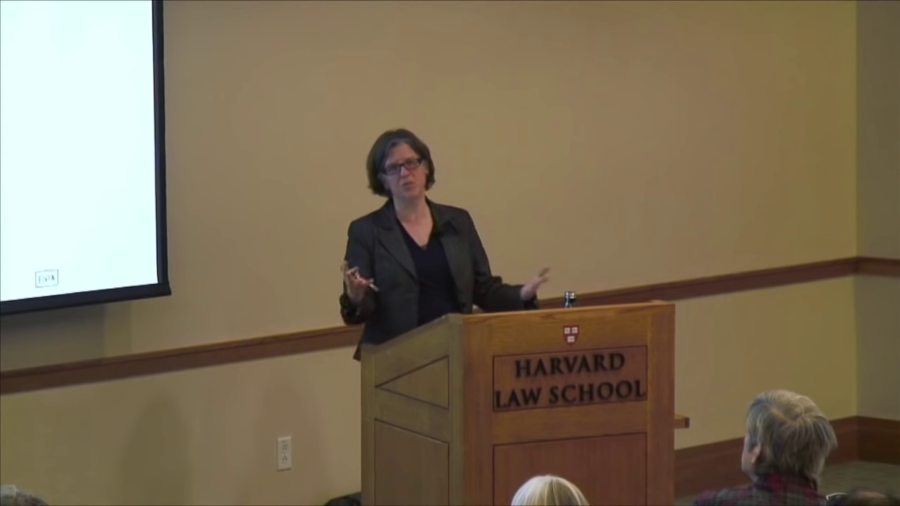



As Eubanks writes, “We manage the poor so that we do not have to eradicate poverty.” And two, automated systems abstract questions of political morality (is it acceptable that people in the world’s richest country cannot meet their most basic needs?) into questions of efficiency (how can we distribute a limited pool of resources to maximize their impact?). One, they undermine poor people’s right to self-determination - their ability to make the most important and intimate decisions in their lives without government interference. Her new book, Automating Inequality: How High-Tech Tools Profile, Police, and Punish the Poor, investigates three experiments in which algorithms are replacing or augmenting human decision-making in public assistance: Indiana’s automated Medicaid eligibility process Los Angeles’s coordinated entry system for the homeless and Allegheny County, Pennsylvania’s predictive algorithm for assessing childhood risk of abuse and neglect. Virginia Eubanks, associate professor of political science at the University at Albany, SUNY, has spent the past several years exploring how automation has played out in the American welfare system.

Reputational scores based on historical data reinforce the lopsided structure of American society, further advantaging the already advantaged and marginalizing the marginalized. Predictive policing algorithms launder racial bias and reproduce inequality. The rich are not exempt from this reality, but it’s the poor and working class who are most endangered by it. Machine learning algorithms parse that data to assess our worthiness for public benefits, for jobs, for loans, for insurance, and for suspicion in the criminal justice system. We live in what legal scholar Frank Pasquale has called a “scored society.” Corporations and governments collect unprecedented amounts of data about us - our habits, our histories, our beliefs, our desires, our social networks.


 0 kommentar(er)
0 kommentar(er)
